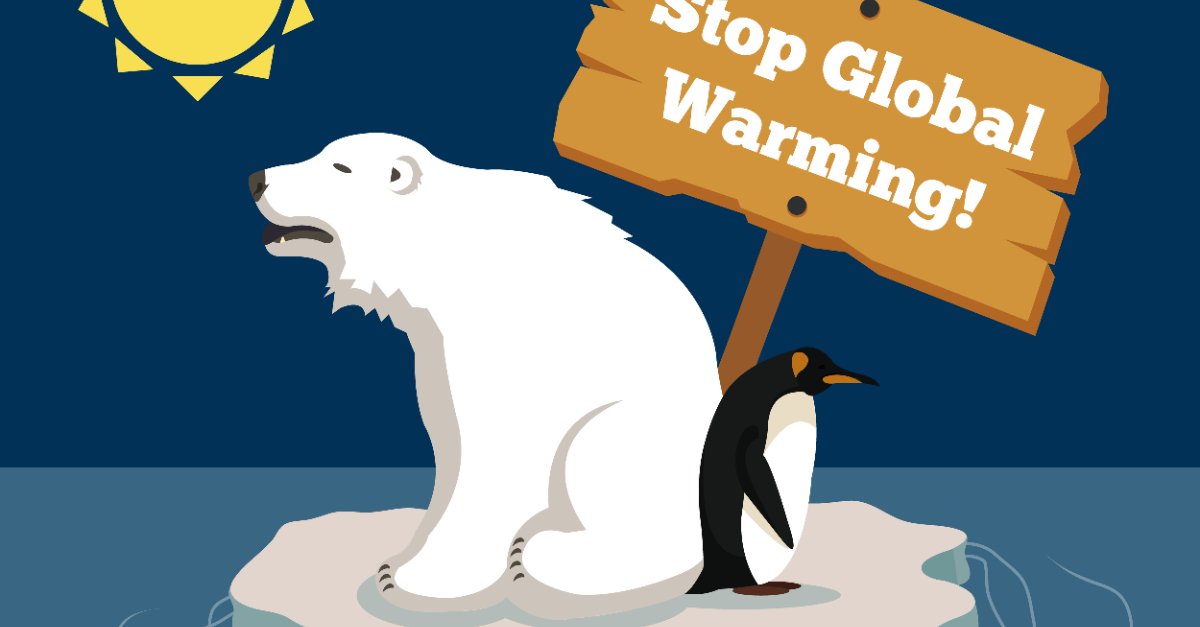
According to Panel on Climate Change (IPCC) report titled “Understanding Global Warming of 1.5°C” highlights the critical issue of climate change and its impact on the planet. The report states that human activities have caused approximately 1.0°C of global warming above pre-industrial levels, with a likely range of 0.8°C to 1.2°C. The report also warns that global warming is likely to reach 1.5°C between 2030 and 2052 if it continues to increase at the current rate. The report emphasizes that global warming from anthropogenic emissions from the pre-industrial period to the present will persist for centuries to millennia and will continue to cause further long-term changes in the climate system, such as sea-level rise, with associated impacts.
The report also warns that climate-related risks for natural and human systems are higher for global warming of 1.5°C than at present, but lower than at 2°C. These risks depend on the magnitude and rate of warming, geographic location, levels of development and vulnerability, and on the choices and implementation of adaptation and mitigation options. The report suggests that future climate-related risks depend on the rate, peak, and duration of warming, and some impacts may be long-lasting or irreversible, such as the loss of some ecosystems.
The report highlights the need for reducing greenhouse gas emissions and transitioning to renewable energy sources to mitigate the impacts of climate change. The report suggests that reaching and sustaining net zero global anthropogenic CO2 emissions and declining net non-CO2 radiative forcing would halt anthropogenic global warming on multi-decadal timescales. On longer time scales, sustained net-negative global anthropogenic CO2 emissions and/or further reductions in non-CO2 radiative forcing may still be required to prevent further warming due to Earth system feedbacks and to reverse ocean acidification.
The report emphasizes the need for adaptation and mitigation to reduce future climate-related risks. The report suggests that understanding the impacts of climate change on natural and human systems is crucial for effective adaptation and mitigation. The report states that adaptation and mitigation are already occurring, and future climate-related risks would be reduced by the upscaling and acceleration of far-reaching, multilevel, and cross-sectoral climate mitigation and by both incremental and transformational adaptation.
In conclusion, the report highlights the critical issue of climate change and its impact on the planet. The report emphasizes the need for reducing greenhouse gas emissions and transitioning to renewable energy sources to mitigate the impacts of climate change. The report also warns of the significant risks associated with global warming of 1.5°C and suggests the need for adaptation and mitigation to reduce future climate-related risks. The report provides crucial information for policymakers and decision-makers worldwide to address this critical issue and work together to create a more sustainable and resilient future for all.


